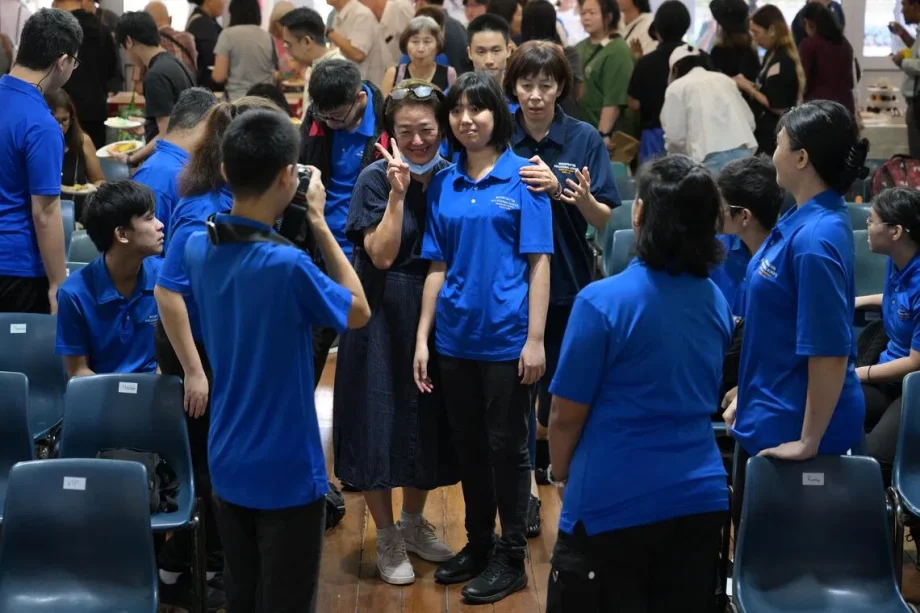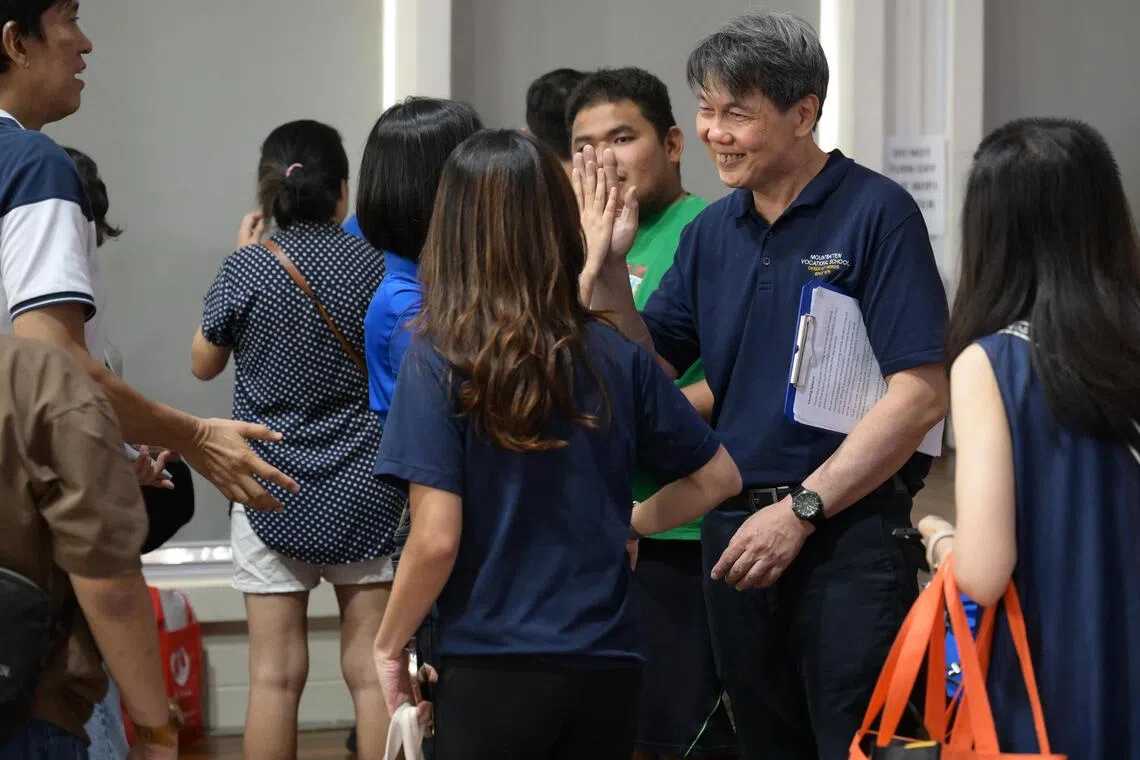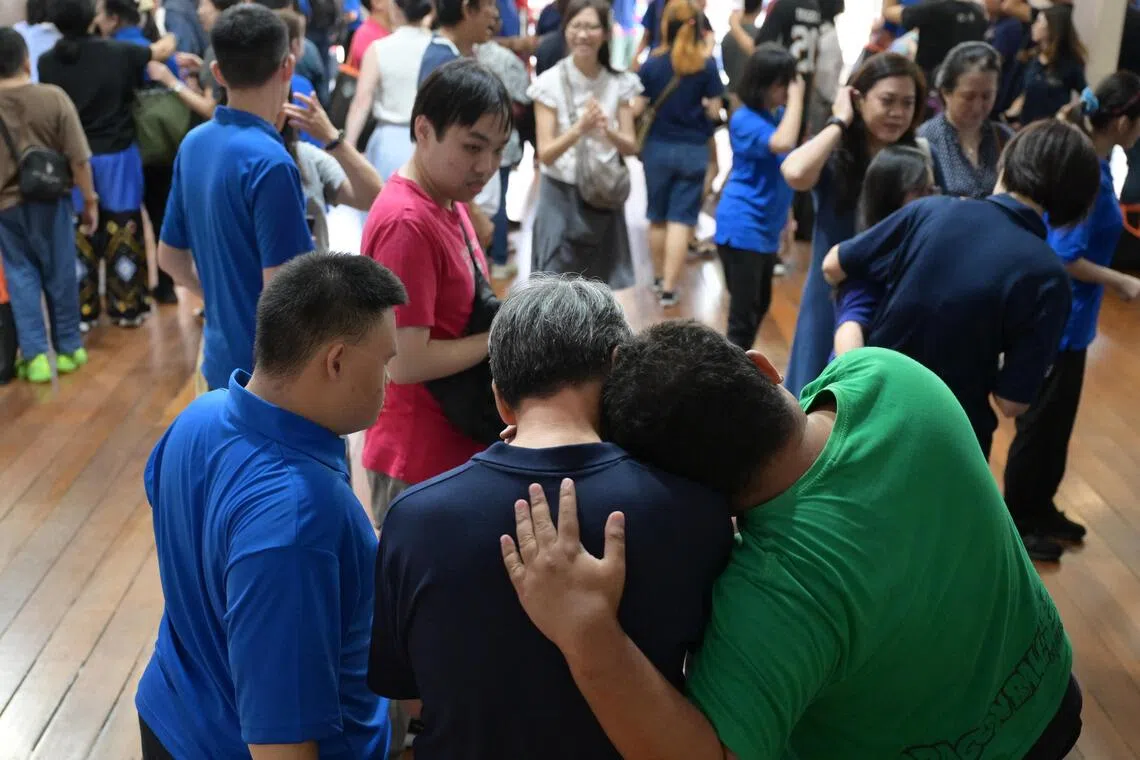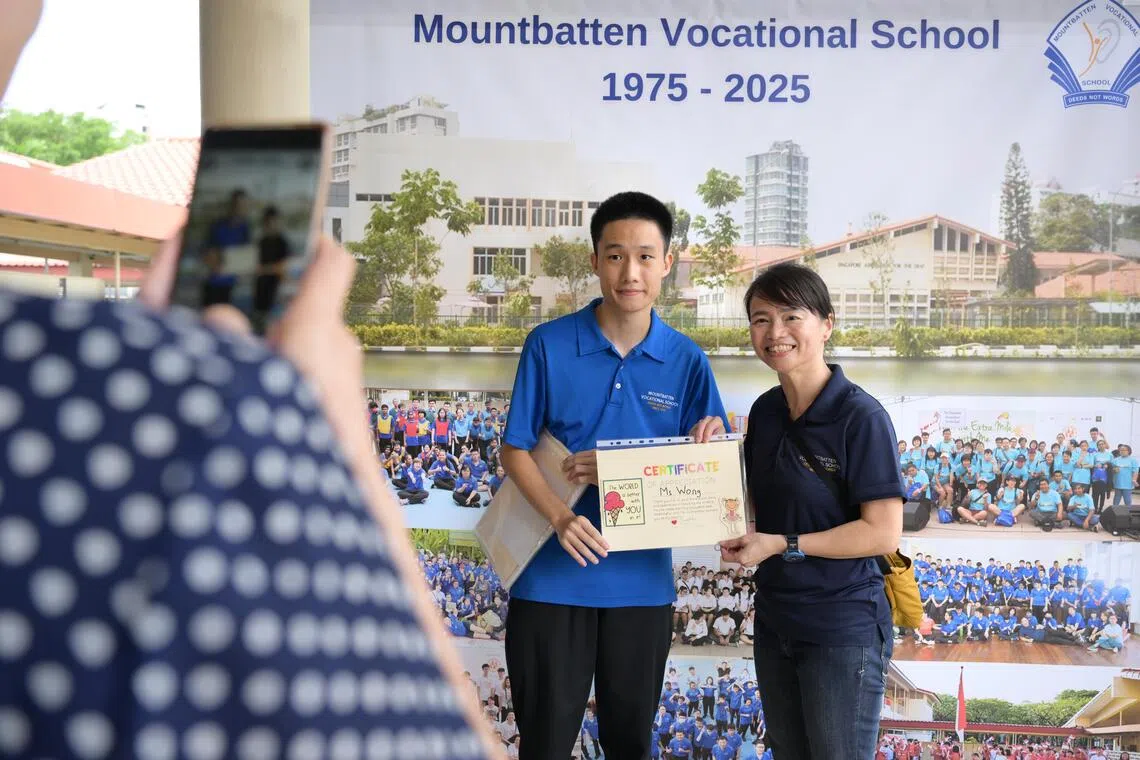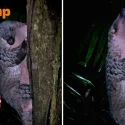SINGAPORE – When it was announced in June that her son’s school, Mountbatten Vocational School (MVS), would be closing, Madam Doreen Lim, 54, took leave from work to find options for her 19-year-old son, who has autism.
She ended up rejected or wait-listed by organisations from St Andrew’s Autism School and THK Pan-Disability Centre @ Eunos to social enterprise food court Dignity Kitchen.
After several months, she managed to get her son, Mr Justin Phoon, into a six-week cafe skills training programme with social enterprise cafe
Foreword Coffee.
Madam Lim, who works part-time as a teacher, hopes her son can land a job with the cafe. In the meantime, she is continuing the search for sheltered workshops.
With the closure of MVS, “it is no longer very sheltered with a fraternity to take care of him. It’s only me and my family”, she said.
Parents of children at MVS said they were left in the lurch after the announcement of its closure, causing them to scramble to find new arrangements for their children.
The lack of options for people with special needs past the age of 18 who have graduated from special education schools, dubbed the “post-18 cliff”, has
long been a problem
.
Many parents do not want their children to stay at home, where they would regress without meaningful activities or interactions.
Students typically went to MVS around the age of 18 and had to graduate when they turned 21. They repeated Year 1 if they were not assessed to be work-ready.
The final batch of 37 students marked their last day of school on Nov 20 with a graduation ceremony and carnival. Alumni from as far back as the class of 2012 joined in the bittersweet last hurrah at the 225 Mountbatten Road campus, which shares premises with the Singapore Association for the Deaf (SADeaf).
MVS principal and administrator Ernest Toh said there were 22 students in Year 1, who are not considered to be work-ready, and 15 in Year 2.
Of the Year 2s, 11 obtained Institute of Technical Education (ITE) Skills Certificates in food preparation, food and beverage services or housekeeping operations.
Around 10 MVS graduates have found jobs, said Mr Toh. Most are continuing with workplaces they interned at during their time with MVS.
One of them, Mr Sri Ramachandran Vijayan, 20, is deaf and uses sign language to communicate. He will start full-time work as a housekeeper with Sofitel Singapore City Centre in December, continuing from his internship.
He said he is happy to be earning a salary of around $1,200.
MVS was founded in 1975 to train deaf young people to be skilled workers. To meet the needs of the community, it opened up to students with various learning disabilities in the later years.
The Ministry of Education (MOE) and Ministry of Social and Family Development (MSF) said in a joint reply that MVS had seen a decline in enrolment in recent years, with increased challenges in training students for the evolving job market.
Following a joint review in 2022, MOE, in agreement with SADeaf, which manages MVS, discussed ceasing MVS’ operations by end-2025, with MOE providing additional funding to help the school sustain the quality of its education up to the final cohort of students.
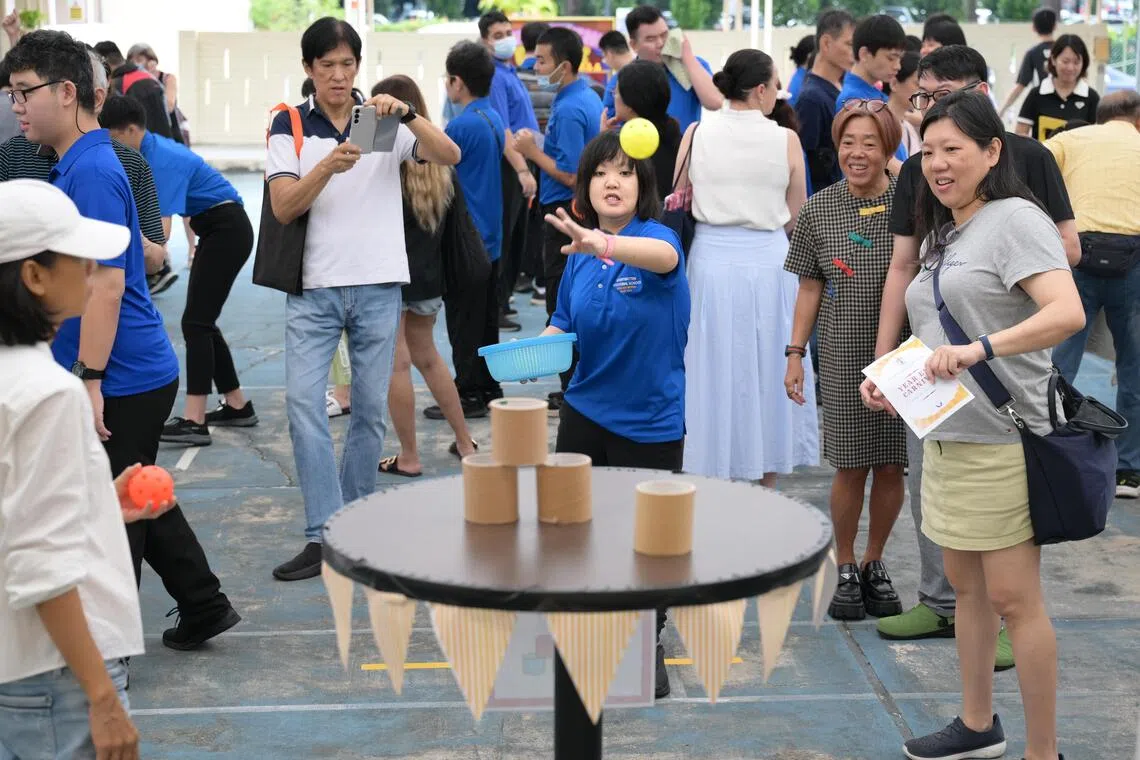
The final batch of 37 students marked their last day of school on Nov 20 with a graduation ceremony and carnival.
ST PHOTO: NG SOR LUAN

